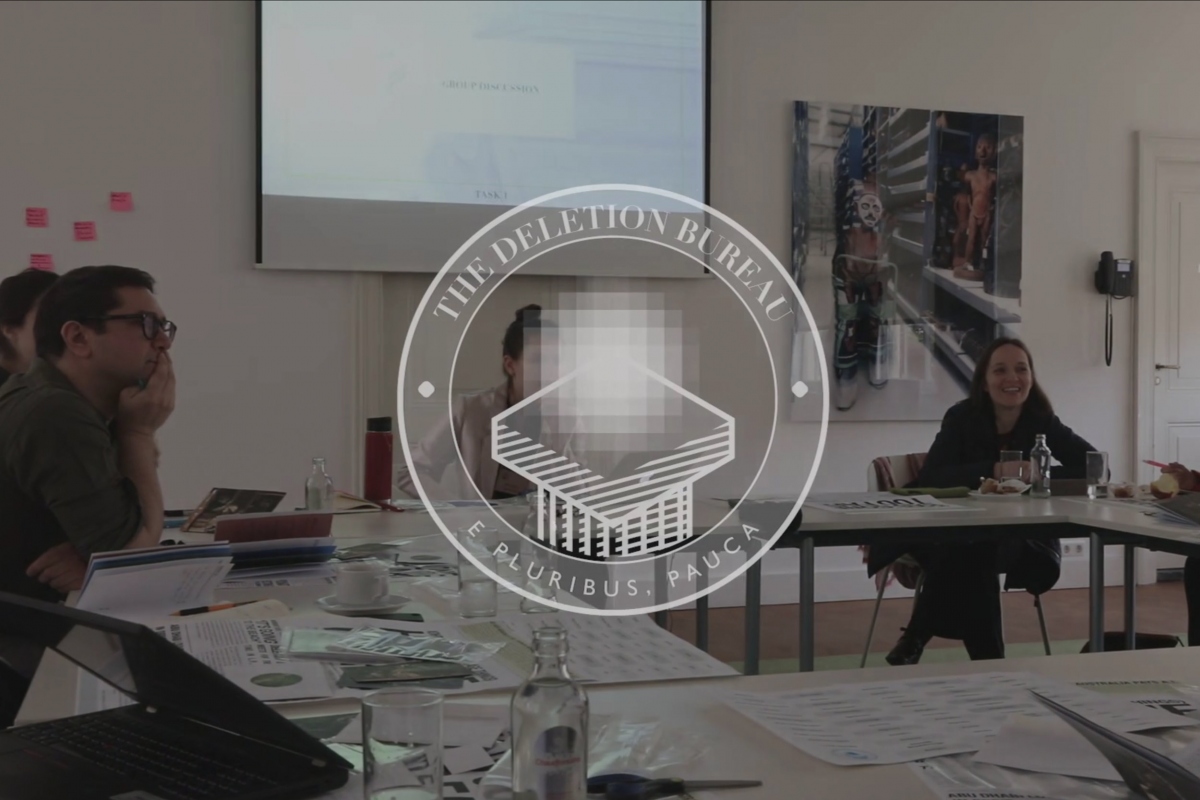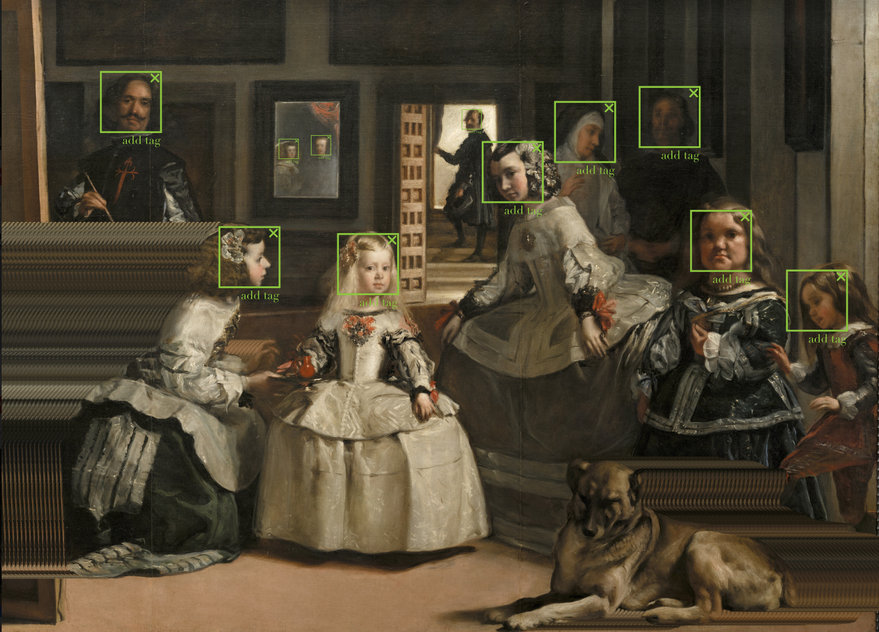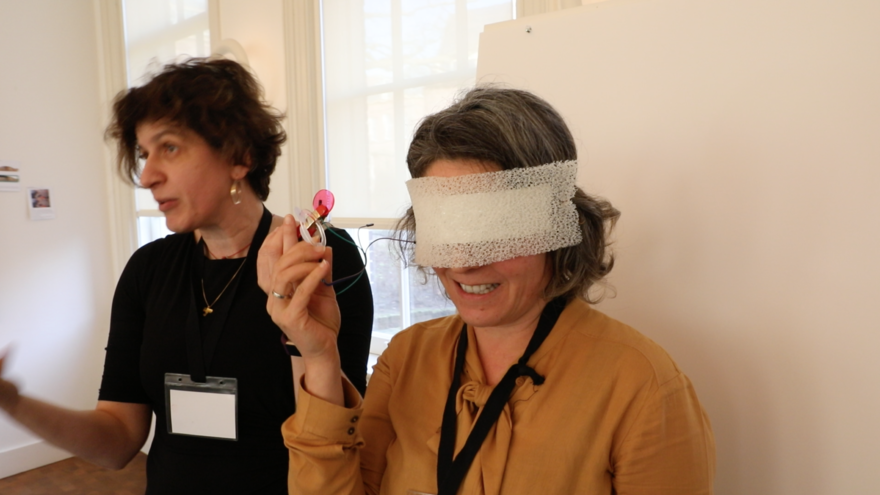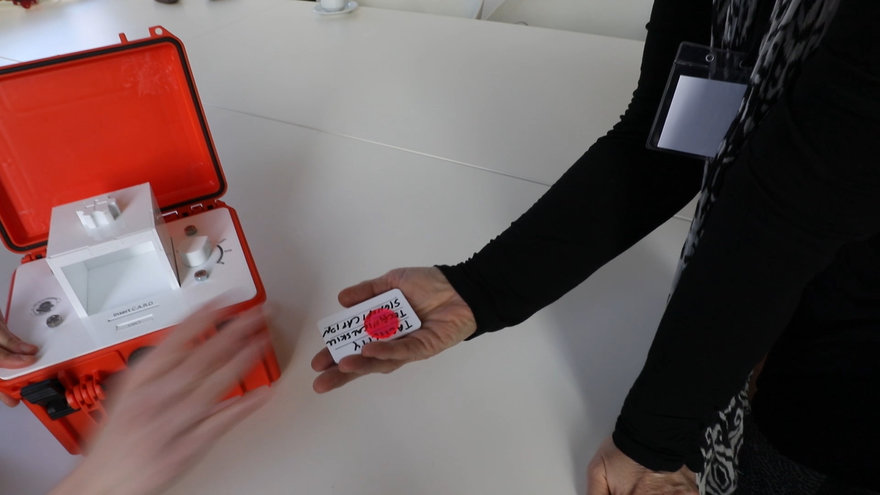Future Erasure
What is the future of heritage when there is no universal canon to distinguish what is worth remembering and preserving from what is not? This is the pressing question that guided our creation of Future Erasure, a futurescaping workshop we made at CIID Research (DK) together with partners at the Media, Culture, Heritage at the University of Newcastle (UK).
The workshop is built to engage museum leaders in the possible future scenario where there is no longer enough space nor ability to store all of the heritage objects.

Based on research about current trends, indicators and technologies, we imagined a future where museums are so overwhelmed by the amount of items that should count as heritage; they can no longer keep their full collections and must delete 20% of it every year. To figure out what to delete and how this challenge would affect the museum experience of this future, we invited a group of heritage experts from different museums to form the “Deletion Bureau. The experts came from European museums, thus the activities focused around issues regarding European heritage and personalised the materials around the scenario and the problems their institutions face.
We used speculative design and design fiction methods to create content and materials for this future, such as newspapers, films and a series of physical and digital prototypes to immerse our participants in this future scenario.


The experience centered on three major tasks in order to stimulate debate and push our participants to articulate their values and visions for the futures of their institutions' heritage: creating an algorithm for deletion, prototyping devices for experiencing deleted objects, and envisioning systems for the public to interact with deleted heritage.




One concept pictured above envisions a future museum where "every human's obliged to carry condensed info of 5 objects of their choice. With your device you can re-experience your objects or retrieve objects from other people. To enhance your objects, use the central museum enhancer and share object data with other visitors."
The members of the Deletion Bureau ended with provocative discussions of where they want their institutions to go, what prevents them from arriving there in the present, and how they will take steps to get there in the near future.
Date: 2018
Details: Project link
Role: Principal Investigator
Technologies: d3.js
Collaborators: Monika Seyfried, Calle Nordenskjöld, Peter Kuhberg
Partners: University of Newcastle & Research Center for Material Culture
Awards: Recognised for Strategy & Research and Design Education Initiative in Core77 Design Awards 2018
Shortlisted for Disrupting in IXDA 2019
